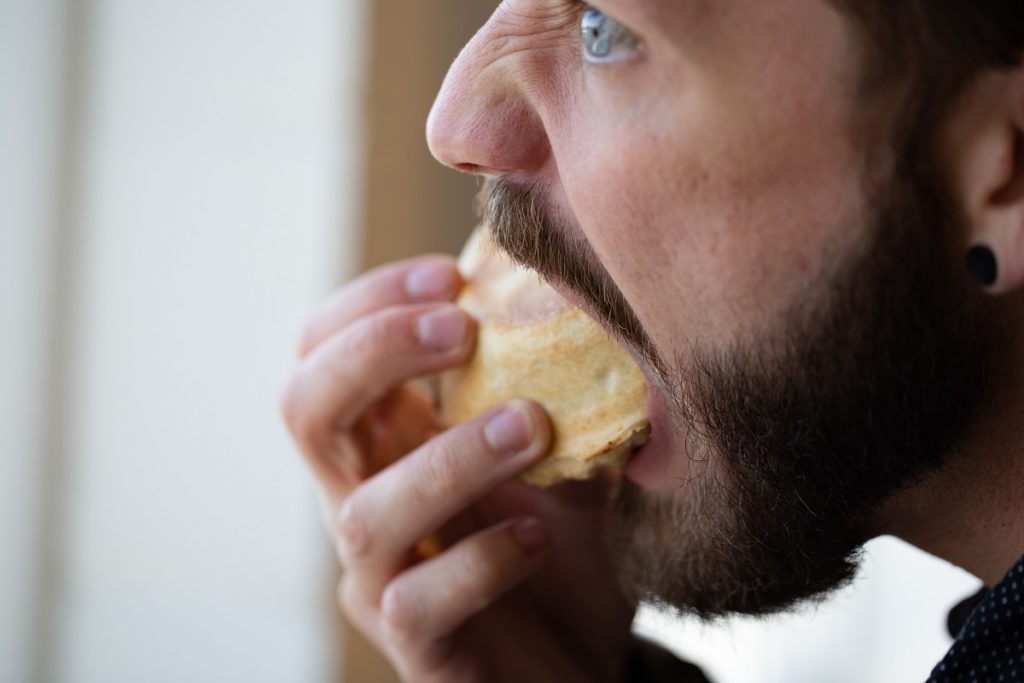A healthy diet doesn’t mean losing tremendous weight, missing meals, and sticking to a strict eating regimen. It should be about knowing your eating patterns and treating your body to what it needs.
An unhealthy mindset towards diets is what leads people to eating disorders such as anorexia or binge eating. No matter how fad diets speak of these lightly, these aren’t simple issues. A recovery plan may be needed to address binge eating or other eating disorders. But on your own, here’s what you can do to develop a better mindset towards dieting.
Make notes in a food diary
To detect eating issues, first, you have to build awareness around how you eat. A food diary or journal helps you achieve this. Using your dedicated diary, you should track what you eat for meals, when you eat them, how often you eat them, and even how you eat them. Do you eat alone or while watching TV? Do you eat small meals repeatedly or big meals sparingly?
With a food journal, you will realize which eating habits to build or break. It’s a good first step to hold yourself accountable.
Eat only in specific settings
If after tracking your eating patterns, you find that you tend to overeat in particular places, times, and circumstances, then it’s time to steer clear of those conditions. The point is to control your stimuli and to break mental associations by dodging settings where bad habits are performed.
If you overeat at midday or impulsively drop by at a fast-food restaurant after work, it’s time to replace those with healthier coping mechanisms.
Don’t do the groceries alone
Tagging someone along when doing the groceries helps you stay on track in avoiding unhealthy food choices. It’s easier for you to stick to your list. It also helps to know that the supermarket’s perimeter is where the healthier options are: fruits, vegetables, dairy, grains, and proteins.
You’re cutting out the junk from the source, so make sure members of the household know. Otherwise, they might just reintroduce them into your food pantry.
Stop stepping on the scale
Physical statistics don’t quite capture a healthy body accurately, so don’t beat yourself up by weighing yourself or measuring your waist every single day. If you need to, checking in once a week is enough, and only chart a type of progress that doesn’t need a doctor.
Remember, you’re fostering your self-esteem out of healthy eating habits — not an ideal body shape.
Distract yourself with exercise

Alternatively, good criteria for health are physical strength, mobility, and flexibility, which you can achieve through exercise.
Especially if the problem is psychological, exercise is a great way to distract yourself when you feel the impulse to eat. While working out will show physical gains, remember that the point is to achieve a balance between eating and staying healthy, so don’t deprive yourself.
Build a relationship with food
Food shouldn’t be seen as a dirty secret or a malicious culprit. Vegetables aren’t miraculous, and chips aren’t the devil. Food is just food, and the more we understand how any type of food is good or bad for us physically and psychologically, the better eating habits we can build.
So how can you understand food better? Dip your feet into cooking. By making your meals, you will realize what each component contributes, and how your body physically and mentally reacts to them.
Don’t forget that eating habits relate to other aspects of your life, such as work and sleep. Try evaluating how these affect your perception towards eating as well, so you don’t adopt any eating problems.




